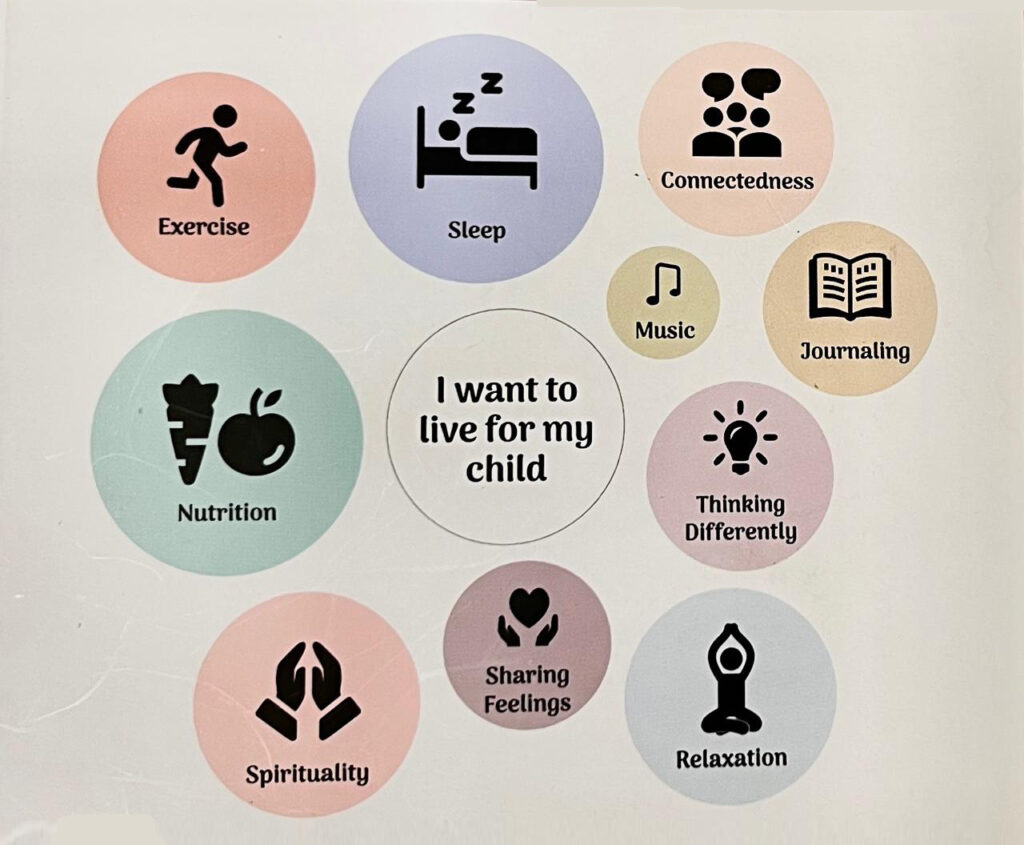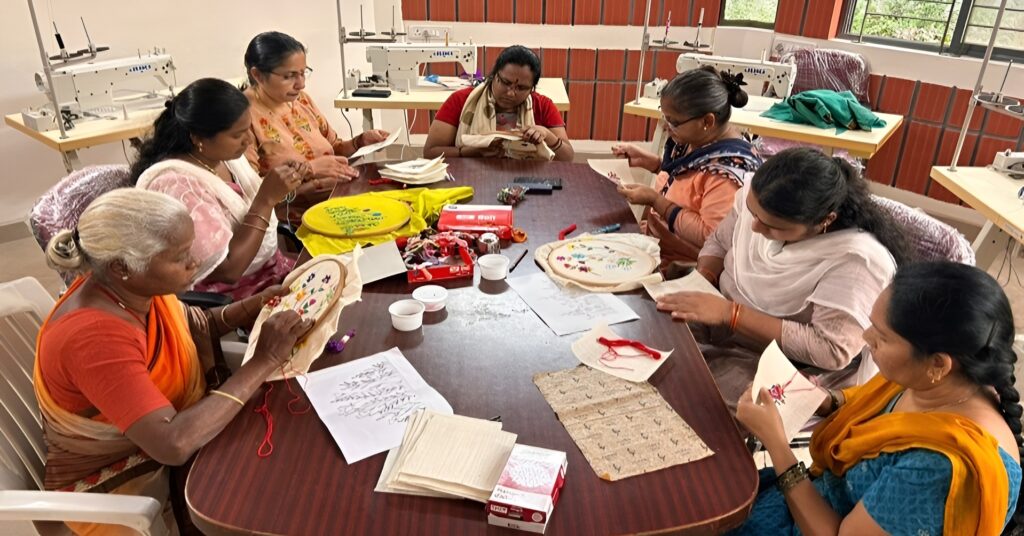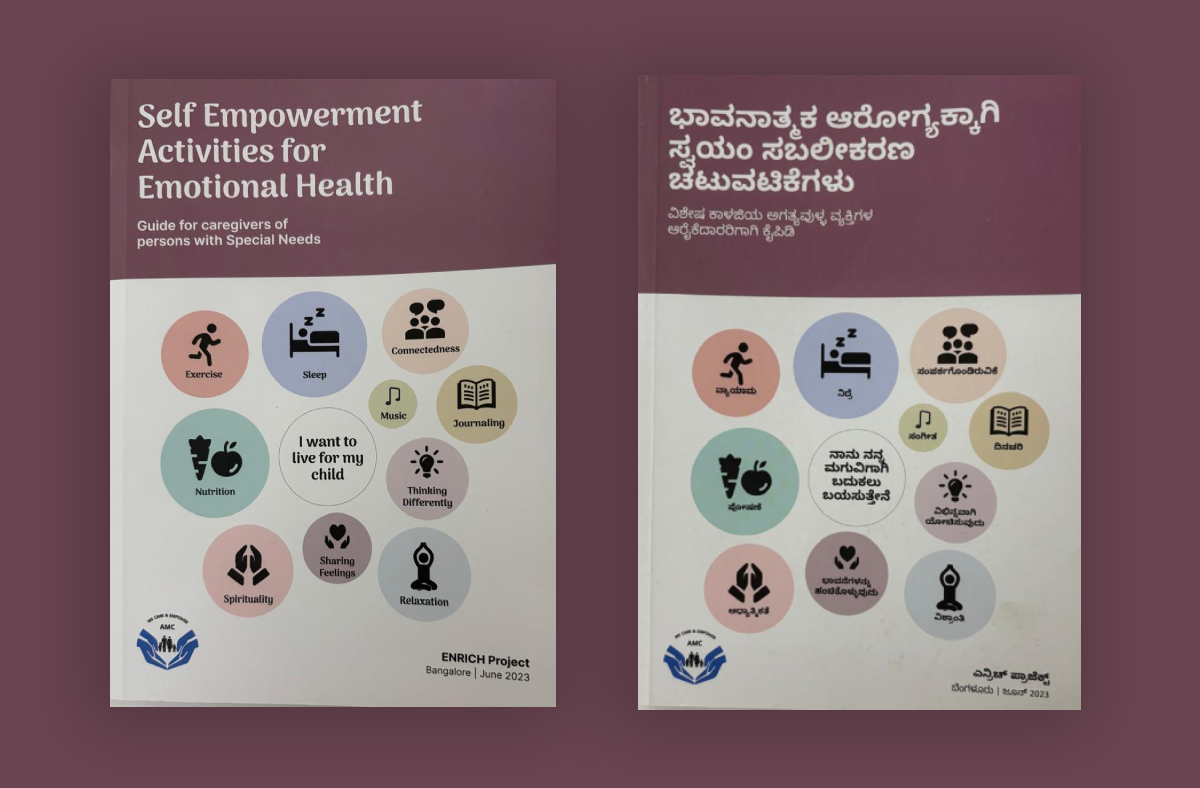Self-Empowerment Activities for Emotional Health-Guide for caregivers of persons with Special Needs
The book includes caregiver guidance and health practices recommended by international bodies such as UNICEF and WHO. The content of this book is for informational purposes only and is not intended to diagnose, treat, cure, or prevent any conditions or disease. This publication is meant as a source of valuable information for the reader, however, it is not meant as a substitute for direct expert assistance.




